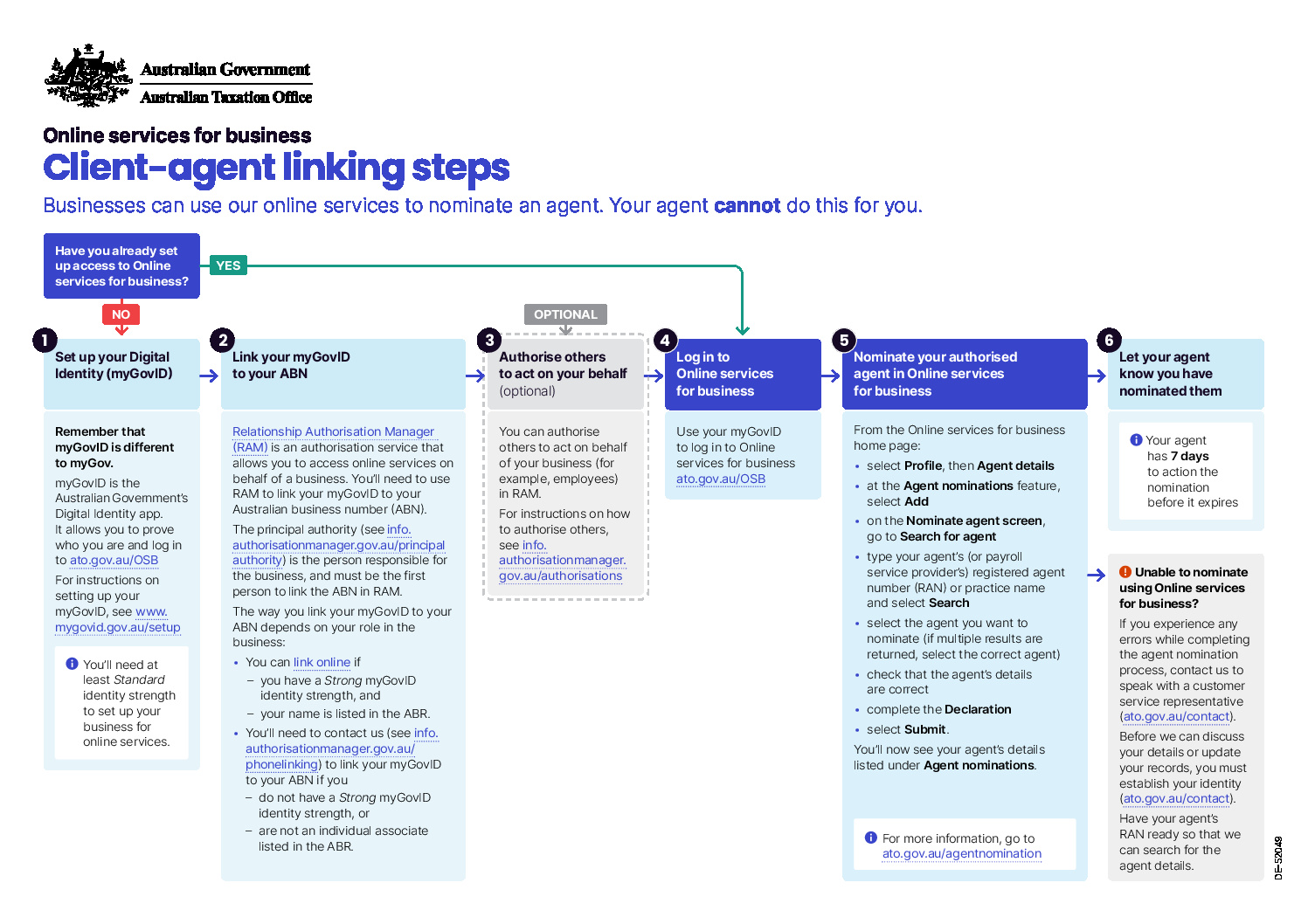A new law giving more than 800,000 additional employees superannuation choice has been passed by Government this week removing limitations that forced them into a super fund dictated by their employer. There is however a catch – the changes are not retrospective and will only apply for NEW agreements made after 1 January 2021.
Superannuation choice was limited for many
The Treasury Laws Amendment (Your Superannuation, Your Choice) Bill 2019 passed through the Senate on Tuesday 25th August 2020. The updated Your Super, Your Choice laws remove the option of enterprise bargaining agreement deals being used to force workers into an industry superannuation fund even where they have an existing superannuation fund.
Our own Mark Beveridge wrote about this back in March 2019 for Financial Standard Super: A pay rise, but only if you give us your super to look after!
Large employers such as Coles, Woolworths and Kmart have previously entered into these types of deals, as well as many public sector employers and universities.
Employers choosing their employees super fund
“You wouldn’t let your employer pick your bank, and your employer shouldn’t be able to force you into a super fund,” Assistant Minister for Superannuation Jane Hume said.
“Currently, for some workers in enterprise bargaining agreements, their super fund is chosen for them by their employer, whether they like it or not.
“This can lead to duplicate accounts, higher fees and costs to workers.”
Default funds will still exist for workers who do not make a fund choice, but workers employed on EBAs will have the right to choose their fund.
When do the changes come into effect?
The start date was delayed to January 1, 2021, and APRA will conduct a review in two years on the impact on defined benefit schemes, such as those operated by UniSuper.
A report from the Attorney-General’s department last December found 85 current enterprise agreements locked 13,974 workers into Maritime Super, Labour Union Co-Operative Retirement Fund, Mine Super, TWU Super and WA Super, even if the workers already had a different fund.
Superannuation standard choice form now a must
With these changes all new employees must be provided with a the ATO standard super choice form.
In addition, any employees who were previously restricted to a specific superannuation fund due to an enterprise agreement now can choose their own super fund when their existing employer enters into a new agreement with them after 1 January 2021.
According to the explanatory memorandum any employee can choose their own super fund (including an SMSF) where they are employed under a workplace determination or enterprise agreement that is made on or after 1 July 2020 (this date was amended to 1 January 2021).
“An employer does not have to provide existing employees with a form unless requested once a new determination or agreement is made. Where there is no chosen fund for an existing employee, an employer that continues to make compulsory contributions for that employee with the same fund, in accordance with the previous determination or agreement, will comply with the choice of fund requirements,” the memorandum said.
Changes not retrospective – some employees still stuck without choice of fund
The superannuation choice changes are not retrospective. They only apply to employees under new workplace agreements or determinations entered into after 1 January 2021. This means that even after that date, some employees will still not have superannuation choice until they come under a new agreement.
The explanatory memorandum said Treasury considered three options:
- Make no changes to superannuation choice;
- Extend choice to new workplace agreements and determinations;
- Extend choice to all existing workplace agreements and determinations;
The decision was made to support option two on the basis that it “extends choice in a meaningful way while minimising compliance costs for employers.”
Why the change?
The Financial System Inquiry and the Productivity Commission Inquiry into superannuation found that denying superannuation choice discourages member engagement and leads to super fund members paying higher or duplicate fees across multiple funds.
“Improvements in the efficiency of contributions processing (through the adoption of SuperStream) have made the right to exercise choice of fund easier and individuals should have the right to exercise choice unless there are special factors, such as employer and member rights and obligations in regard to defined benefit funds,” said Martin Fahy chief of the Association of Superannuation Funds of Australia.
Choosing a superannuation fund
If you previously have been locked into a superannuation fund with your employer under an enterprise agreement, now is the time to see advice on whether that super fund is best for you.
Quill Group has licensed financial advisers and superannuation specialists who can assist you in choosing the right superannuation fund as well as other strategies to ensure you are making the most of tax-effective contributions.
If you have any questions regarding these changes please get in touch.













